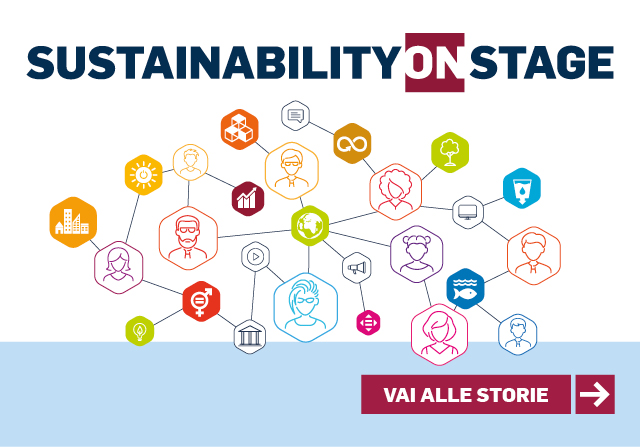On Tuesday 9th September a day of consultation on the subject of Agenda Post 2015 sponsored by CONCORD and GCAP Italy, the coalition against poverty, was held at the European Parliament building in Rome. The aim of the meeting was to reflect on the role played by Europe and Italy - especially during the European Semester of Presidency - in the process of defining a fair and sustainable future from 2015 onwards. If on the one hand the efforts of the Open Working Group (OWG) - the United Nations working group dedicated to drafting the framework to include the future SDGs - was to define the priority areas and the Sustainable Development Goals, on the other it will be the duty of the institutions, civil society and the private sector to identify the practices required to carry them out. The private sector, in particular, is called upon to rethink their role and redefine their business model to one of a more "circular" and collaborative viewpoint over the next fifteen years. Among the most debated points there are some critical situations that characterize the document being presented till now by the OWG, which to many seems to have an encyclopaedic nature, listing the critical issues, missing the goal of building a "common language" that knows how to define the real priorities for sustainable development in the future. For this reason the importance of continuing the work of discussion and integration as much as possible has been emphasized. The Vice-President of GCNI Foundation, Sabina Ratti, attended. She cited the fundamental role of the private sector in a process in which the search is no longer for principles but for concrete solutions. The tools to be put to use clearly include collaboration, but also the measurement and monitoring of practices implemented, in order to start a new path made of concrete results and continuous improvement.











